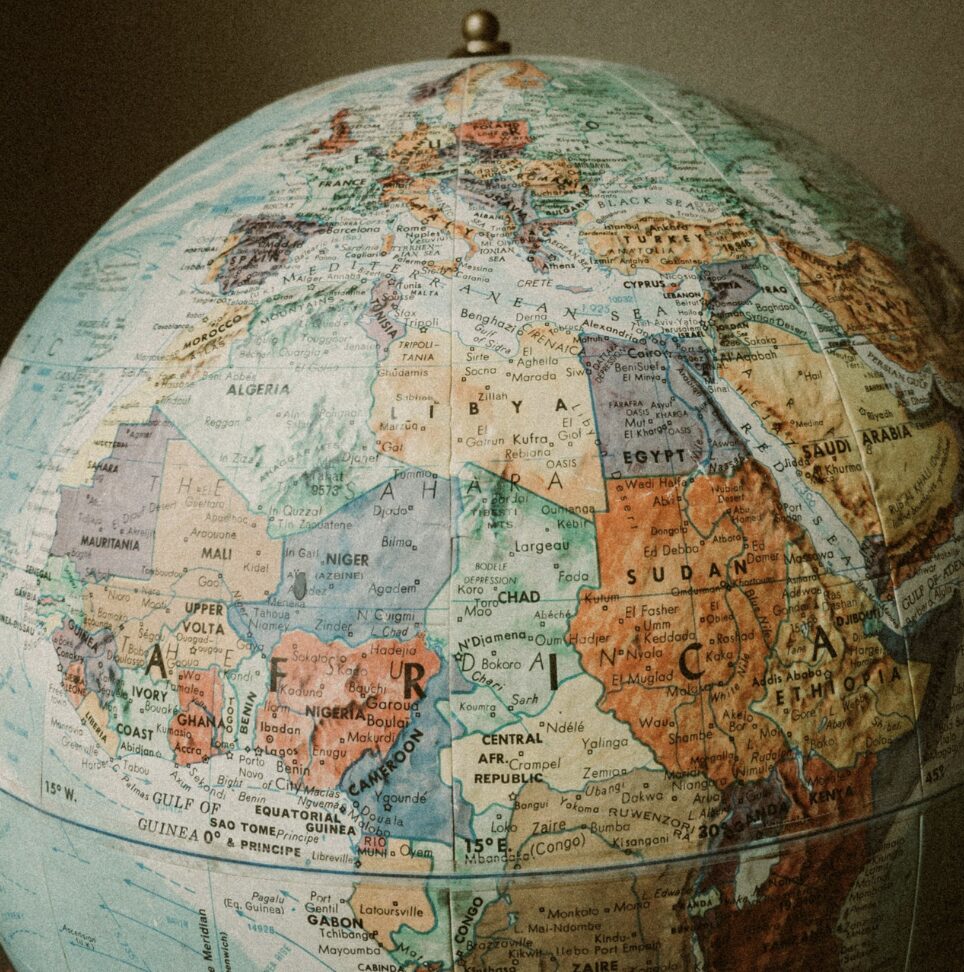Fiction books hold immense power in sharing personal experiences in a way that many nonfiction books struggle to. Whether it be in first or third person, it offers a sort of personal insight that is different from something like a contemporary memoir—which can be limited in how they share experiences, offering (usually) a single point of view. I myself had much difficulty getting into nonfiction no matter how interesting I thought the subject matter was. History books, however, soon showed me that they were an entirely different matter.
History books can reveal patterns, offer context to current events, and provide facts that a reader is forced to face (and history books aren’t all hard, cold facts that must be memorized, might I add). Fictional stories sometimes glorify and romanticize toxic and illegal actions, and although most people can differentiate between what they find acceptable in fiction versus reality, others can find it desensitizing. Sometimes it’s too easy to brush off certain things in a fictional setting—crimes such as theft, bribery, blackmailing, murder, etc—even if the goal of that book is to provide commentary on an underlying issue within society. The Hunger Games is one such example. A story that ultimately criticized the glamorization and commodification of human suffering through televising a battle to the death, many readers hyperfixated on the love triangle. And, there was and is a growing demand for more books depicting different Hunger Games’ mentioned in the original trilogy, almost missing the point of the book’s biggest message. Many of the horrible events that occurred were inspired by real life, including but not limited to human experimentation, the hoarding of wealth and resources by the elite, and the trauma of war.
The context of a trilogy like The Hunger Games can only be fully appreciated and understood if one knew some things about North American and world history. Books in particular provide nuance and multiple perspectives, delving in deeper than other forms of media such as a documentary. The act of reading pushes a person to engage more critically with the material, and history in particular isn’t an easy subject to passively consume. It is also much easier to read and absorb knowledge at your own pace, than through a film or other medium, which is usually condensed and forced to leave out information due to a time limit.
Contextualizing current issues is important for many different reasons. The reason certain laws exist (especially oppressive ones) provide a basis for how to then fight against the expansion and enforcement of said law. Learning about certain groups not having the same rights as others inspires empathy and understanding for why some people to this day are systemically targeted over others. Empathy then turns into action to push for protections to prevent the same things from happening again. It’s amazing how the popular phrase “History repeats itself” rings quite true once you start to read up on local and global history. It can shift one’s entire perspective, and leads into learning about different cultures, languages and political systems (current and past), providing an insight for how things may play out in different sectors of society.
If there’s not a specific time period or subject matter that particularly interests you, fear not—beginning with where you live, background, and perhaps even a person, is a great place to start. Even if any of the previously mentioned suggestions still seem uninteresting, the feeling after finishing a book you thought you wouldn’t enjoy is satisfying. Most especially when you learn something and you feel the urge to share what you learned with others.
Ultimately, history books push a reader to reflect on the conditions of their material reality. Initially, it may seem counterintuitive, but expanding one’s interests by way of reading about history is important if one wants to learn to notice patterns within their current situation. Learning from past mistakes, atrocities, injustices, inventions, contributions, and nations, can only ever benefit us rather than harm us.
Sources:
https://philosiblog.com/2012/02/20/history-despite-its-wrenching-pain-cannot-be-unlived-but-if-faced-with-courage-need-not-be-lived-again/, https://www.factualamerica.com/behind-the-screenplay/the-true-hunger-games-reality-tvs-dark-inspirations

